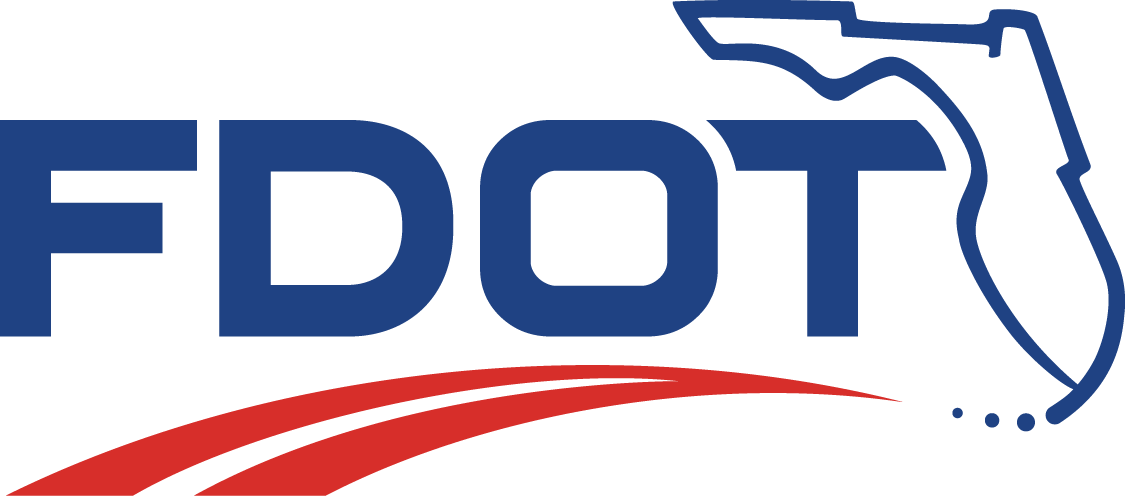Commercial Inspection
Overview
Commercial Inspection is inspection and/or testing performed by Department hired consultant firms who provide, as needed, specialized inspection skills or instruments not available within the department to assure that construction and maintenance materials/procedures/features meet specifications.
Online Forms
Structural Steel and Shop Applied Coatings Pre-Approved Repair Procedures
- Pre-Approved Repair Procedures for Structural Steel: Materials Manual 11.5 Volume II
- Pre-Approved Repair Procedures for Shop Applied Coatings: Materials Manual 11.6 Volume II
Why is Commercial Inspection performed?
First and foremost, to ensure the safety of the traveling public. Commercial Inspection is required by Specification Section 105-1.2.3 which reads:
“105-1.2.3 Notification of Placing Order: Order materials sufficiently in advance of their incorporation in the work to allow time for sampling, testing and inspection. Notify the Engineer prior to placing orders for materials.
Submit to the Engineer a fabrication schedule for all items requiring commercial inspection at least 30 days before beginning fabrication. These items include steel bridge components, moveable bridge components, pedestrian bridges, castings, forgings, structures erected either partially or completely over the travelled roadway or mounted on bridges as overhead traffic signs (some of these may be further classified as cantilevered, overhead trusses, or monotubes) or any other item identified as an item requiring commercial inspection in the Contract Documents”
Commercial
Inspection is a cost-effective way to assure compliance with construction and maintenance requirements. It isn’t reasonable for the Department to maintain a large staff with a broad range of skills and equipment to meet this highly
variable workload.
How is Commercial Inspection done?
The Commercial Inspection Group of the State Materials Office (SMO) has contracts with consultant firms for testing and inspection and are staffed with inspectors located throughout the United States, and are equipped to perform these services.
What is required for Project Management?
Commercial Inspection is used to ensure the safety of the traveling public. Components that require commercial inspection and additional components that can be requested for inspection are identified in the table below. If your project contains any of the components listed in the “Required” section, you’re directed by CPAM and the Materials Manual to notify the SMO at least 30 days prior to the start of fabrication. Please see Request for Commercial Inspection form 675-070-07. It’s also advisable to contact your District work program to ensure funds have been allocated for these inspections.
You can notify the SMO by digitally completing the Request for Inspection form 675-070-07 and e-mailing it to the SMO Commercial Inspection Group: SM-StructuresCI@dot.state.fl.us. You can also use the same e-mail address to reach the applicable personnel with questions or concerns.
Request for Inspection and Testing of Structural Metals and Coatings (Form 675-070-07)
What else can Commercial Inspection Services provide?
While our primary emphasis is on the inspection of structures, our consultant firms offer a broad range of testing, inspection and engineering services. We will be pleased to assist you in arranging for these services
upon request.
Metals, Coatings and Timber Audit Program

